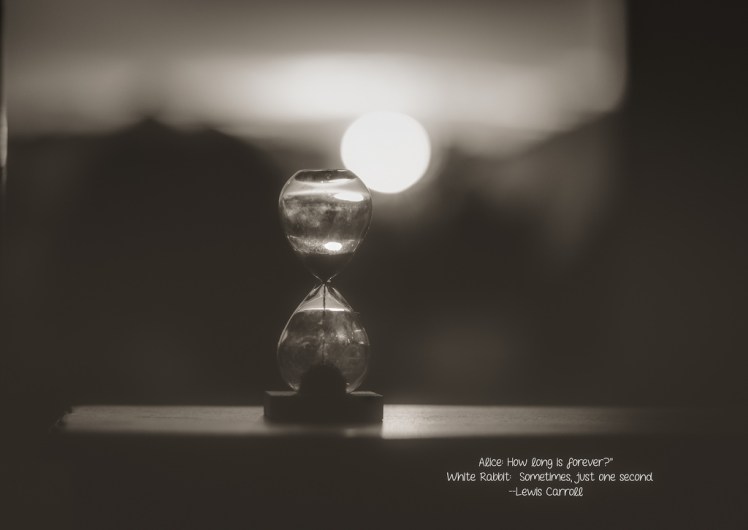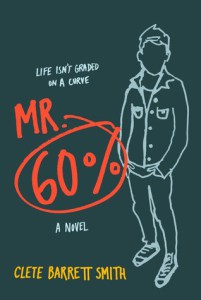
How long is forever?
Sometimes, just one second
I stumbled across Timekeepers in a bookshop at Gatwick airport quite a few months back and I bought it to complement my non-fiction mini collection. While I had browsed through it a bit, I decided that Timekeepers was a definite keeper for my in-flight readathon to the edge of the world.
And it seemed only fitting to choose this book for my New Zealand readathon. Spend some time with Time, as I counted down my 24 hours & 12 time zones for the longest flight in the world.
While I was moaning about the length of travel & my soon to be stiff legs and sore buttocks, I couldn’t resist feeling a bit like a fraud.
Here I am, traveling quite literally to the other side of the world, a feat which only a century ago would have been fit only for the bravest of explorers, and I care about a stiff neck and boring airplane food. Talk about #firstworldproblems?
How the World Became Obsessed with TimeSimon Garfield has a smart, relaxed and witty way of drawing you into a topic that – let’s be honest – would make a lot of the fast-forward people today yawn with disinterest.
He starts Timekeepers with the famous story of a fisherman & a businessman – I’m sure you all have heard some version of it before – it goes like this.
A businessman on vacation in Egypt enters into a conversation with a fisherman and starts giving financial advice to the man. He starts by telling him how he could grow his business and make more money, have other people do his job for him, buy a bigger boat, etc. All to which the fisherman keeps asking: ‘And why would I want that?’
‘You could buy more boats, hire a workforce, retire before your time and spend your time sitting in the sun fishing’. The punch line follows: ‘A bit like I do now?’
The message is obvious: we’re so hooked to the speed of our modern world that we’ve forgotten to properly appreciate & spend our time.
In the words of Bono: We are running to stand still.
Simon’ opinion is that we’ve all been living on an ever-accelerating hamster wheel since the 50s, which has constantly affected the way we perceive, value and spend our time.
Timekeepers in a Nutshell: A Kaleidoscopic Table of Contents
So the book is very eclectically structured, touching on many areas of our existence as it connects them with time and our perception of time’s passing. There are chapters on:
1. The Invention of the Timetable & how the French almost messed up our calendar
2. Time in Cinema – from the first moving picture (running train) to the famous image of a man hanging from the minute hand of a clock
3. Time in Sports & breaking the world speed record
4. Time in Photography & the split second of a life at war
5. Timepieces, in two different chapters
6. The Industrial revolution & how the workweek got defined/redefined over time
7. Time in Politics, with Filibusters & Power speeches
8. Art to Beat Time: The invention of the CD & how the length of the modern song got to be set in stone. This one chapter I hold particularly dear. Simon Garfield talks about our shifting perception of time – giving the example of both playing & listening to classical music. And indeed, some of the masterpieces written for bygone centuries do have trouble keeping the attention of modern-day men & women – as we so truly experienced while at our Bach, bubbles & brunch event in South Africa.
9. Time and Food. The culture of fast food, slow food, liquid instant food – and their appeal over time. The author makes some interesting points about the implications of instant food on our social behavior. Not actually eating means less socializing, less trying out new things. Sure, it liberates 2h a day but takes away something much more important and core to our human nature.
And Much More…And I intentionally left out plenty of the good stuff, so you can actually get to enjoy the book!
Planning to read it? Let me know what you thought! Happy readings





